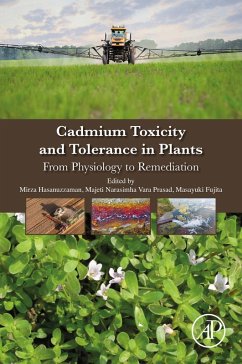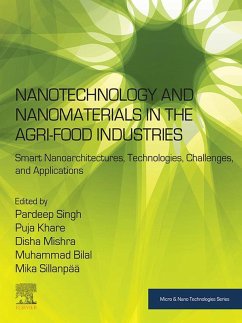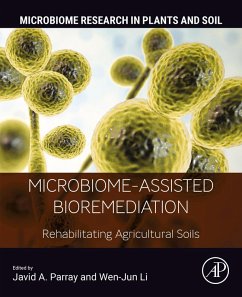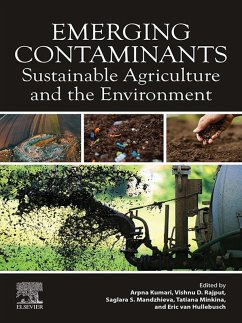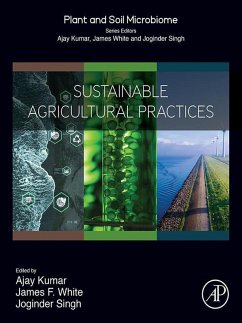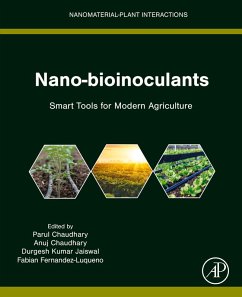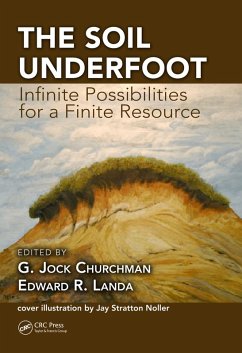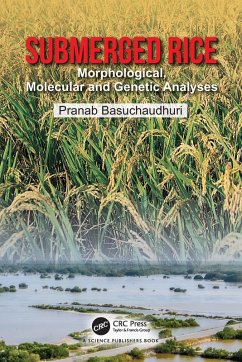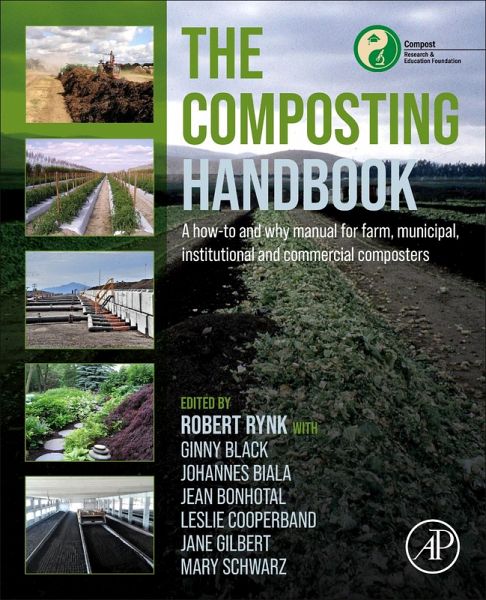
The Composting Handbook (eBook, ePUB)
A how-to and why manual for farm, municipal, institutional and commercial composters
Redaktion: Rynk, Robert; Cooperband, Leslie; Schwarz, Mary; Bonhotal, Jean; Biala, Johannes; Gilbert, Jane; Black, Ginny
Versandkostenfrei!
Sofort per Download lieferbar
79,95 €
inkl. MwSt.
Weitere Ausgaben:

PAYBACK Punkte
40 °P sammeln!
The Composting Handbook provides a single guide to the science, principles and best practices of composting for large-scale composting operations facing a variety of opportunities and challenges converting raw organic materials into a useful and marketable product. Composting is a well-established and increasingly important method to recycle and add value to organic by-products. Many, if not most, of the materials composting treats are discarded materials that would otherwise place a burden on communities, industries, farms and the environment. Composting converts these materials into a valuab...
The Composting Handbook provides a single guide to the science, principles and best practices of composting for large-scale composting operations facing a variety of opportunities and challenges converting raw organic materials into a useful and marketable product. Composting is a well-established and increasingly important method to recycle and add value to organic by-products. Many, if not most, of the materials composting treats are discarded materials that would otherwise place a burden on communities, industries, farms and the environment. Composting converts these materials into a valuable material, compost, that regenerates soils improving soils for plant growth and environmental conservation. The Composting Handbook expands on previously available resources by incorporating new information, new subjects and new practices, drawing its content from current scientific principles, research, engineering and industry experience. In both depth and breadth, it covers the knowledge that a compost producer needs to succeed. Topics include the composting process, methods of composting, equipment, site requirements, environmental issues and impacts, business knowledge, safety, and the qualities, uses and markets for the compost products. The Composting Handbook is an invaluable reference for composting facility managers and operators, prospective managers and operators, regulators, policy makers, environmental advocates, educators, waste generators and managers and generally people interested in composting as a business or a solution. It is also appropriate as a textbook for college courses and a supplemental text for training courses about composting or organic waste management. - Created in conjunction with the Compost Research and Education Foundation (CREF) - Includes the latest information on composting and compost, providing the first comprehensive resource in decades - Written with focus on both academic and industrial insights and advances
Dieser Download kann aus rechtlichen Gründen nur mit Rechnungsadresse in A, B, BG, CY, CZ, D, DK, EW, E, FIN, F, GR, HR, H, IRL, I, LT, L, LR, M, NL, PL, P, R, S, SLO, SK ausgeliefert werden.




